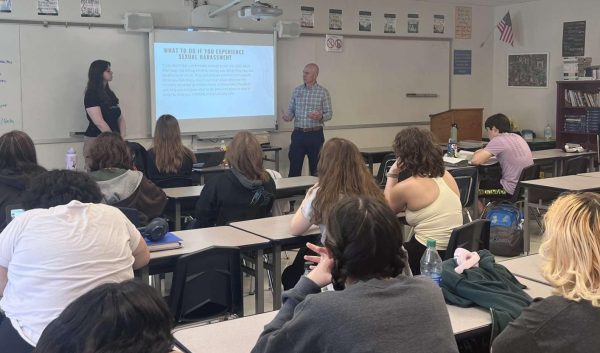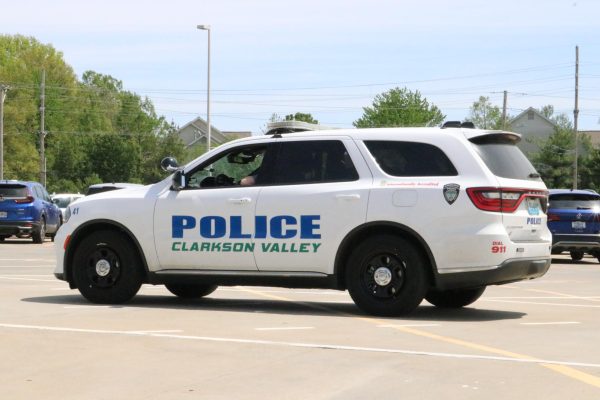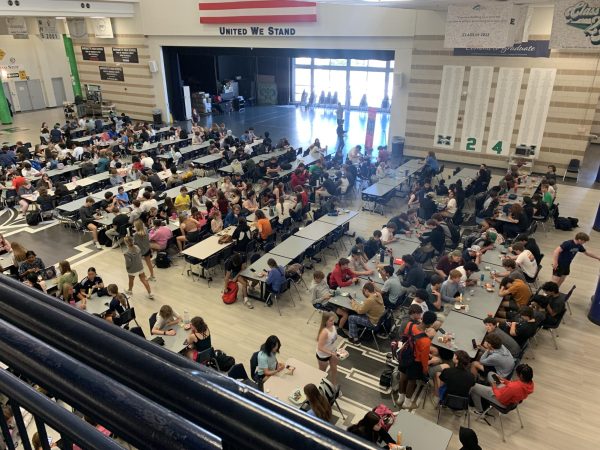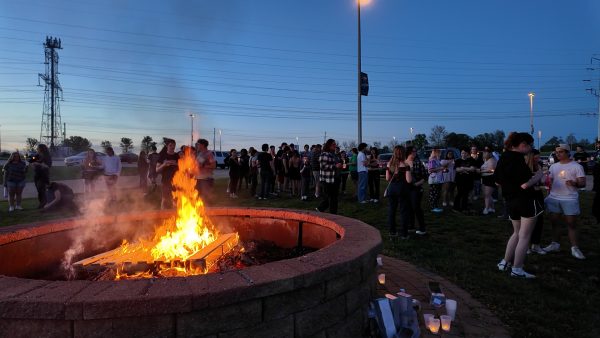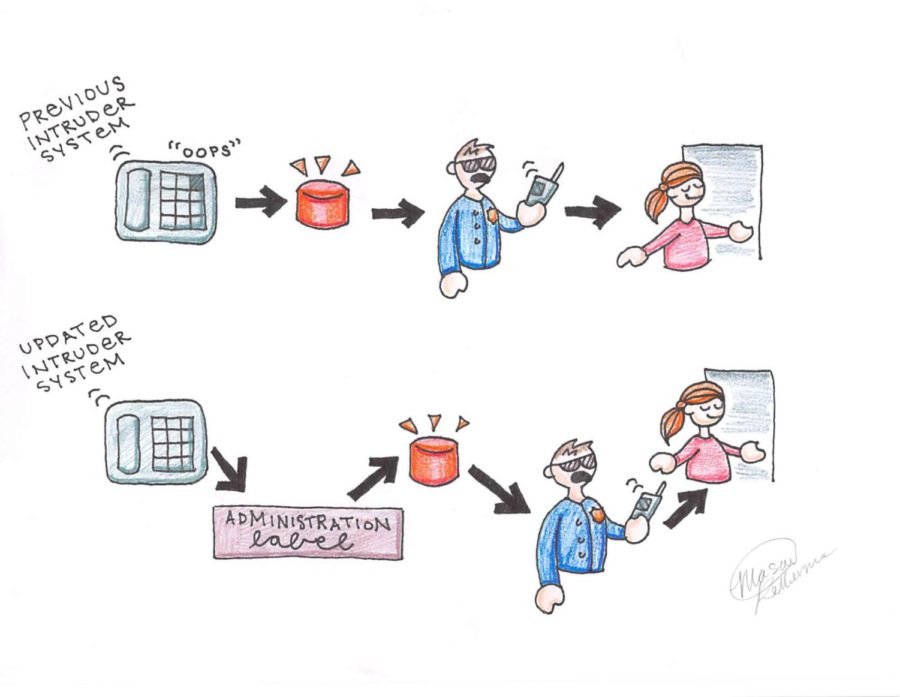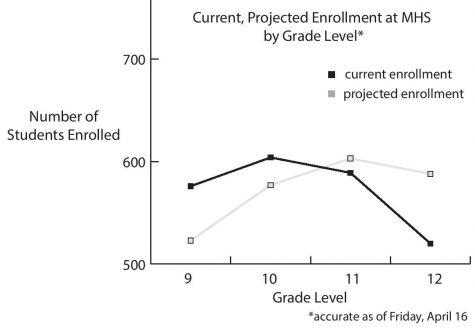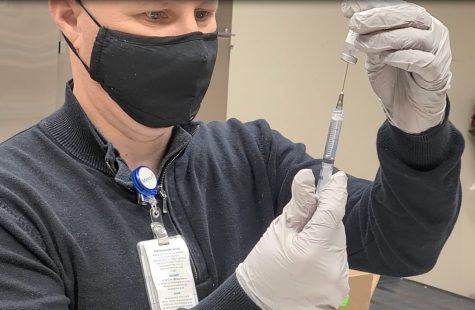Unintentional Intruder Alarms Instigate Changes to the Intruder Alarm System
Media by Mason Kellerman
RSD is reforming the intruder alert system in hopes of ensuring the safety and security of students and staff.
Quinn Thomas, junior at Eureka High School, was enjoying her second day of Flex with her friends in the school courtyard on Sept. 4 when she saw the students and staff surrounding her scramble into chaos.
An intruder alarm had sounded forcing the school to go under emergency protocol and shelter and evacuate. For approximately 20 minutes, the staff and students at EHS thought there was an intruder until they were notified it was a false alarm.
“It was the scariest moment of my life. I couldn’t even contact my parents because I wasn’t getting service,” Thomas said. “Some kids were joking about it, but I knew that they were terrified inside.”
Due to the false alarm at EHS this past month and others in the past year, RSD is reforming the intruder alert system in hopes of ensuring the safety and security of students and staff.
Before the change, an intruder alarm could be immediately sounded by the press of a button on a staff telephone. Now, the call for an intruder will go from a staff telephone to a designated “hunt group,” which includes administration, and be assessed for validity, said Dr. Terry Harris, executive director of student services.
“Multiple false alarms could possibly result in the staff and students getting used to the alert going off and then not take it seriously and that’s dangerous,” Dr. Harris said. “We don’t want to get too comfortable with that alarm and we want to make sure that we are responding from a serious standpoint.”
Dr. Harris said he understands the concern that this change could possibly delay emergency proceedings.
It was the scariest moment of my life. I couldn’t even contact my parents because I wasn’t getting service.
— Quinn Thomas
“If you really think about the situation from a school’s perspective, I’d say we are much safer,” Dr. Harris said. “In a situation outside of school, we’d have to call 911, but we already have student resource officers (SROs) at our schools that will have already notified others at their actual command post in an emergency.”
Sophomore Principal Carl Hudson heads the MHS Safety and Security Committee, in which the change to the intruder alert system was discussed.
“The incident at EHS definitely prompted some immediate calls for reform,” Hudson said. “However, I think it was a test that the EHS staff and students handled swiftly and they did everything that we have learned in emergency drills.”
Last year, 20 MHS teachers went to four different schools to sit with administrators and observe how they address safety.
“Those teachers came back saying that MHS is doing things other schools aren’t, which I think reassured our staff and administration,” Hudson said.
Sarah Abbas, junior, said this update might raise questions about swift action and safety and that the district could continue to learn from other incidents and reform accordingly.
“I understand what the district is aiming to do, but the administration and SROs can’t be in every part of the building in an actual emergency,” Abbas said. “You can never be too safe, especially in these situations where it’s life or death.”
Abbas said it is difficult to navigate these issues and that she sympathizes with the administration, but the time lost to the verification with the administration is time lost to ensure everyone’s safety.
“It also comes down to communication,” Abbas said. “I don’t think all the students are being notified of the changes happening within the school.”
In regards to communication, the MHS administration sent out three short videos to staff on Oct. 3 that were produced by the Rockwood Communications Department on safety proceedings. The staff were asked to view the videos and help students understand the changes.
Your donation will support the student journalists of Marquette High School. Your contribution will allow us to purchase equipment and cover our annual website hosting costs. You may become a PATRON by making a donation at one of these levels: White/$30, Green/$50, Blue/$100. Patron names will be published in the print newsmagazine, on the website and once per quarter on our social media accounts.

Waha Siddiqui, senior, is the Editor in Chief of the Messenger for the 2020-2021 school year. Beside her involvement in student journalism at Marquette,...
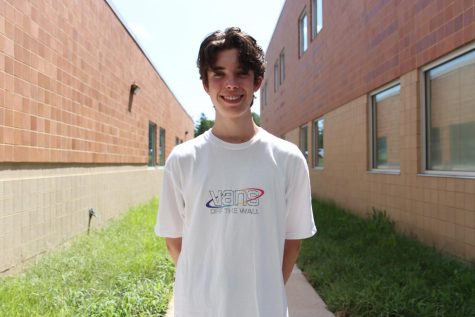
Mason Kellerman (he/him), senior, is the Illustrator and Web Designer for the Marquette Messenger. This will be his third year on staff. Mason is president...




